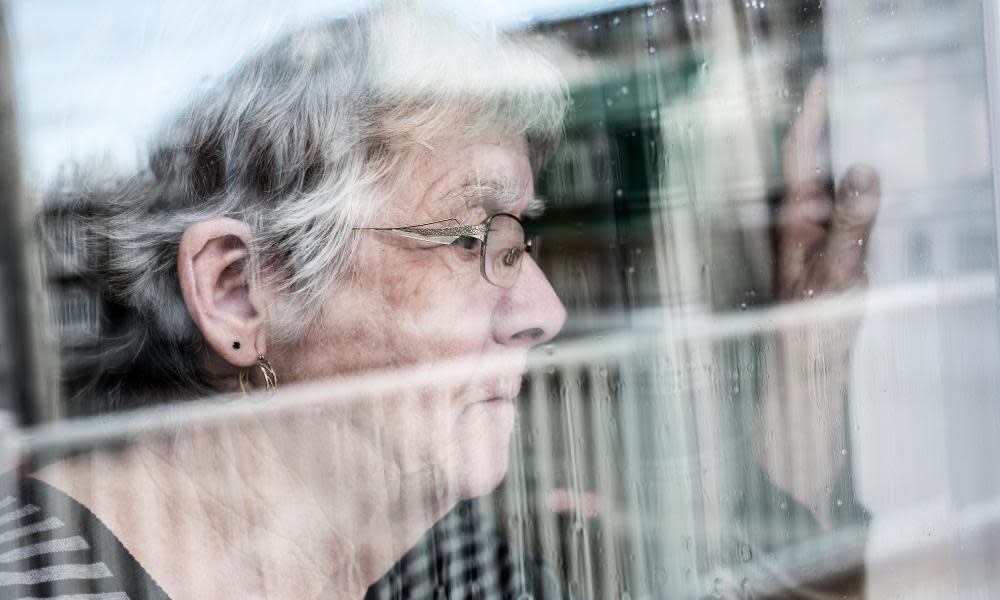Why are unpaid carers still taken for granted?

The health and social care select committee rightly highlights the social care system as “unfair, confusing, demeaning and frightening for the most vulnerable people in our society and their families” (Social care in England needs input of at least £7bn a year, say MPs, 22 October).
But while the select committee’s report rightly stresses the need to “address rising levels of need among older and disabled people and to improve pay and skills for care workers”, unpaid family carers seem to have been forgotten yet again.
Successive governments have failed to tackle the social care funding crisis. The result is a broken social care system. It’s hardly surprising, therefore, that unpaid family carers are shouldering ever more of the burden of providing care in the community. In fact, the value to the state of the care they provide to family members is £132bn a year.
You’d think they’d be heralded as heroes. Instead, despite everything they do to keep the fabric of society from tearing apart, many are “compensated” with carer’s allowance of just £67.25 a week.
A green paper on social care funding was a Conservative manifesto commitment in 2017. Nothing has been heard since. The government must not continue to exploit exhausted unpaid carers, hoping they will carry on providing social care on the cheap. It must raise the carer’s allowance immediately, and then work urgently to fix our broken system. Failure to do so will only place an unbearable strain on millions of unpaid carers who are already at breaking point.
Gareth Howells
CEO, Carers Trust, London
• Prof Alan Walker (Letters, 16 October), commenting on the gendered nature of social care, also emphasises the affective role of some informal unpaid carers. I have 14 years’ experience of voluntary care. Not as a carer, but as the cared. A major stroke means I am severely disabled, have very limited mobility and dexterity, and use a wheelchair. My wife helps me dress and drives me to social and medical appointments.
But her unstinting devoted care goes way beyond this. Since my stroke 14 years ago, I have been unable to perform tasks such as cooking, cleaning, shopping and reaching for books on the top shelf. I even have to ask my wife to turn the pages of the Guardian, since I can only do so with difficulty owing to an impaired left arm. She also has to assume sole responsibility for wheeling me and the luggage when we go on holiday.
Caring over a long-term period is psychologically and physically onerous for voluntary carers. Yet they are unsung, insufficiently recognised and celebrated. In my case and others, their unselfish, loving support enables the cared-for person to have a quality of life that would be impossible without it.
Michael Somerton
Hull
• In the interests of addressing two problems at once, at half the cost of the current silo thinking, the government could rapidly align job seeking and benefits programmes to the creation of a skills ladder for fairly paid pre- and post-hospital and other social care. There has been additional funding for training programmes that could be focused on the design and delivery of training modules based on vocational skills training already available at secondary school and college levels. Various sectors have shown they can adapt rapidly to meet new needs and, not incidentally, save their own viability.
A care workforce could be in place by the end of this year if the vision and commitment are there.
Sue Rabbitt Roff
Cellardyke, Fife

 Yahoo News
Yahoo News 
